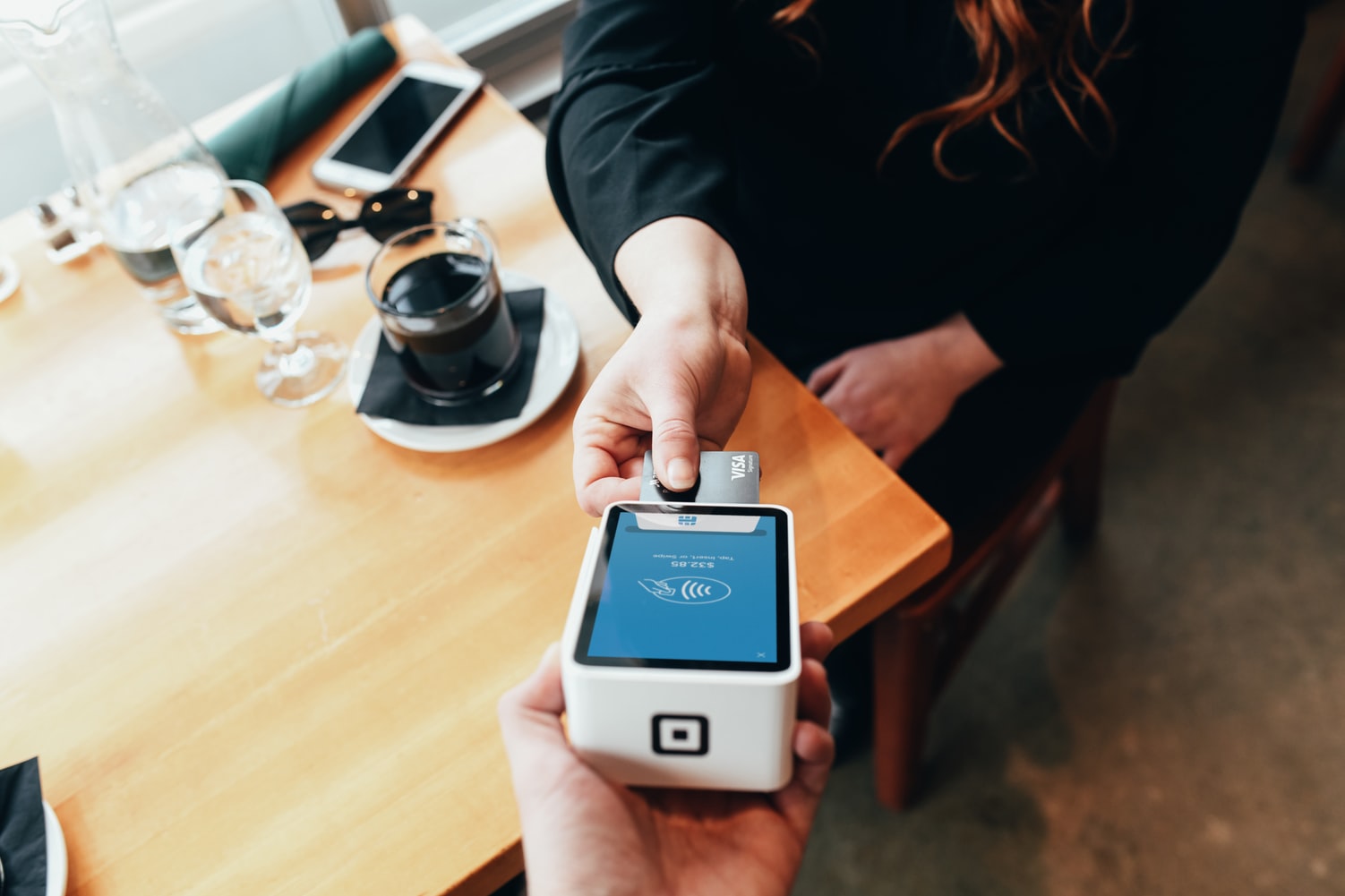Up-and-coming financial technology businesses, also known as Fintechs, have been taking on a variety of holy cows, not the least of which is the way we pay. What influence will this payment revolution have on business travel?
One of the most frequently asked questions during one of the events for the London FinTech World Forum was: “Will our children of today still think in terms of ‘opening accounts’ and ‘dropping by the bank’ when they are of age?”
Challenger banks like Revolut, N26, or Tide vehemently say no to this question. In fact, Tide’s COO Laurence Krieger stated that “our digital-native kids will think in apps and smartphones, not in bank accounts and offices.” More than a few signs suggest he may well have a point here.
Money in the digital age
Another legitimate question building onto this one is whether our children will even think in Dollar banknotes or Pound Sterling coins at all? The odds are looking quite low once again.
Over the last few years we have witnessed a gradual disappearance of cash money, albeit it being a roughly 3000-year-old concept. In the UK, for example, only 28% of all payments were made in cash in 2018. Banking data suggest a further decline to only 9% by 2028. In China, over 90 per cent of people in the largest cities of the country use WeChat and Alipay as their primary payment methods, with the number of non-cash payments growing practically every day.
As Yuval Noah Harari states in his best-seller Sapiens: “Money isn’t a material reality—it is a mental construct. It works by converting matter into mind. […] Money is in essence a system of mutual trust. Not just a system of mutual trust, but the most universal and most efficient system of mutual trust ever devised.” Such abstract thinking lies at the basis of the evolution of the carrier of money from paper notes or metal coins to merely digits on an electronic bank account.
The second trend, resulting from the decline of cash money (and the surge of electronic payments), is the rise of alternative, global currencies like cryptocurrencies.
Today these alternative currencies are causing another type of erosion to the hegemony of the Dollar note or the Pound Sterling coin. Cryptocurrencies have emerged in many different forms and sizes. Together the whole cryptocurrency market today accounts for over $200bn. Even if it is still too early to claim cryptos’ full-fledged success, it seems certain that financial institutions, companies and consumers are looking into alternatives to traditional national currencies.

Will FinTech save business travel?
The changing nature of money and payments may have a positive impact on the business traveller. For many people, traveling for business is perceived as an unavoidable pain.
The agony typically starts at the booking process. In many companies, traveling is either initiated by a game of email ping pong with the travel manager or is looked at and paid for by the traveling employee on leisure travel platforms.
During the business trip, the traveler typically needs to pay their expenses in advance with a personal card and/or money, on which high transaction costs may apply. In order to get reimbursed by the employer, the traveler needs to collect every single expense receipt and bring it home safely. Once back home, the sorting of expense receipts and the compiling of expense reports may begin.
In most companies, this painful experience is still a reality, even though the toolset to reinvent this process is already ongoing.
FinTechs & Travel Expense Management players may hold the solution. T&E players like Rydoo can eliminate the email ping pong by implementing companies travel policy in its online booking tool. As travellers see in their app which hotels, trains, flights, and rental car options are compliant, no time is lost on finding suitable dates or discussions for a certain upgrade.
Great T&E players even allow companies to pay them directly instead of paying a multitude of suppliers employees engage with. Once the trip is approved and booked, all the business traveler needs to care about is being on time at the airport. It’s that simple.
During trips, Rydoo users simply scan receipts with their smartphones and submit an expense claims with a few clicks. Instead of collecting every single expense receipt, they simply scan them and throw them away instantly — unless the legislation obliged them to keep paper records.
On the other hand, thanks to Fintech challenger banks, it is already possible to keep the foreign currency transaction charges under control. Challenger banks offer prepaid credit cards that can easily be funded by the employer with the total per diem allowance for a trip, for instance. By integrating credit cards with a T&E tool, companies can automatically reconcile all their travellers’ on-trip expenses with the matching card transactions.
After the business trip, both FinTechs and T&E tools offer to spend on analytics. These insights give control to Finance teams, who can start optimising the company spending on travel expenses, by negotiating rates with suppliers, adapting the company travel policy, etc.
One lesson learned from the London FinTech World Forum is that FinTech and Travel & Expense Management players seem a good match to tackle the challenges of the business traveler. See it for yourself, and give Rydoo a spin today.




